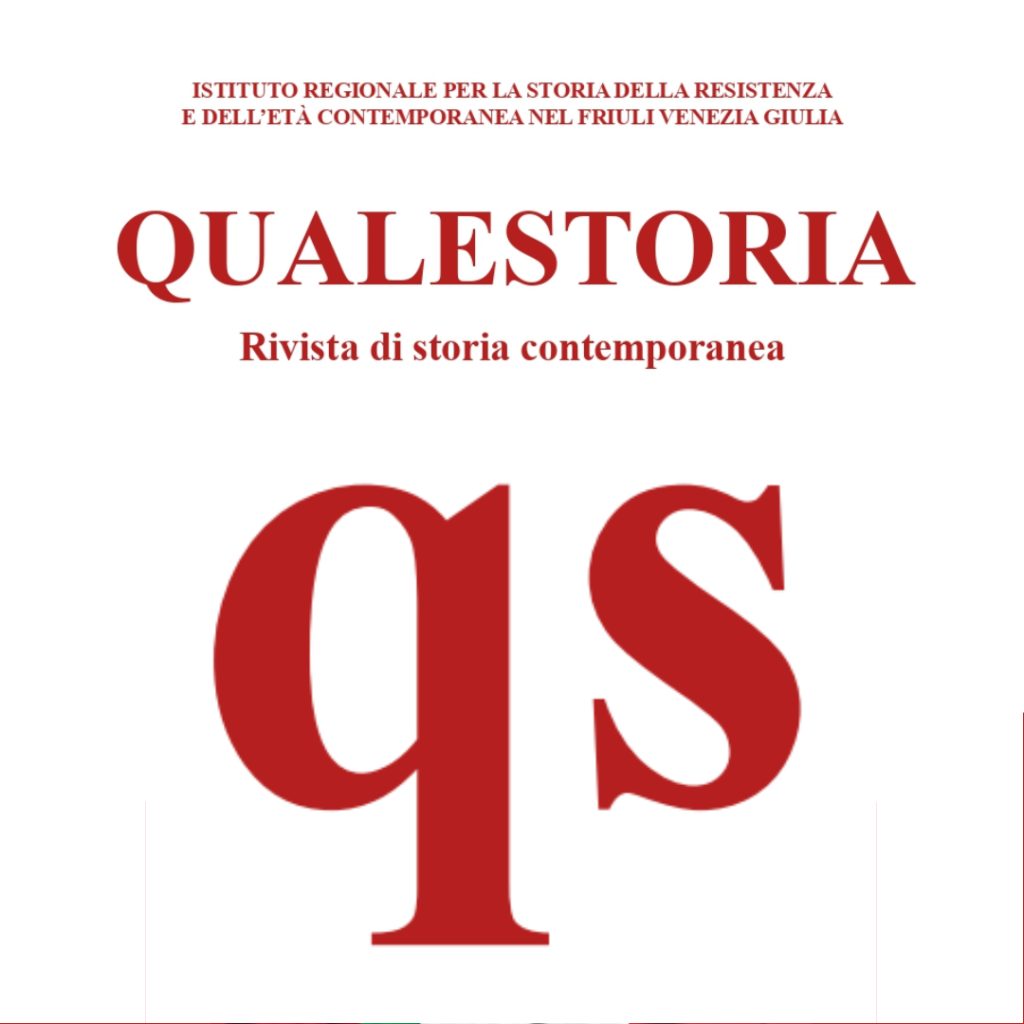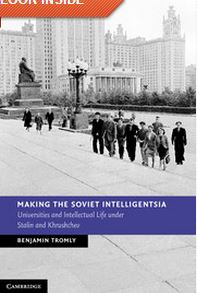 “The Baltic Sea Area and Its History in the Mediterranean Mind”
“The Baltic Sea Area and Its History in the Mediterranean Mind”
One doctoral candidate in History or Political Science for research on the topic “The Baltic Sea Area and Its History in the Mediterranean Mind”
Diarienr. 301/1.6.1/2014
Södertörns högskola (Södertörn University) in south Stockholm is a dynamic institute of higher education with a unique profile and high academic standard. A large proportion of the university staff holds doctorates and there is a strong link between undergraduate education and research. Södertörn University currently has 13 000 students and 850 employees. Undergraduate and postgraduate education and research are conducted in the Humanities, Social Sciences, Life Sciences, Technology and Education. Our site is in Flemingsberg. Södertörn University is an equal opportunities employer.
The doctoral candidate will be employed within the research project “Spaces of Expectation: Mental Mapping and Historical Imagination in the Baltic Sea and Mediterranean Region”, a multi-disciplinary bilateral project based at the Institute of Contemporary History at Södertörn University in Stockholm and at Ca’ Foscari University in Venice, with funding from the Foundation for Baltic and East European Studies
2014–2018. The project analyses the meaning attached to the Baltic and the Mediterranean in selected case studies, investigates the mental maps correlated to historical representation, compares the imagination of the two regions, and studies their entanglement. The aim is an improved understanding of how historical trajectories have been attached to two maritime areas that are critical to European integration. For further information on the project see (LINK).
The called for PhD project is expected to explore how the Baltic Sea area and its history have been described, analysed, and used in arguments in one or several Mediterranean countries. Possible sources are history books, travellers’ diaries, media, diplomatic papers, and literature. An additional or alternative approach could be investigating through private and public documents and literature the mental
mappings of immigrant communities or ‘diasporas’. Other alternatives could be qualitative interviews and surveys in the quantitative mental mapping tradition. The research may focus on a specific period between the late 18th and the early 21st century, or investigate the whole period in a long-term perspective.
The candidate will collect and analyse research material and finish a dissertation thesis under the auspices of the project, a PhD being the intended outcome.
Eligibility
She/he has basic eligibility who:
has a degree at advanced level (Master, Magister, etc.)
has completed course requirements of at least 240 credits/ECTS, including at least 60 credits/ECTS at advanced level, or
has otherwise acquired equivalent knowledge in Sweden or abroad. Only those who are or
have been formally admitted to research level education may be employed as a PhD candidate.
Specific eligibility
The PhD candidate must have an advanced degree in a subject belonging to the study of history or to the study of political science, or equivalent. Fluent oral and written expression in English is a necessity. A good working capacity in one or several Mediterranean languages is expected. Click on the below links for information about admission regulations and third-cycle education in either the field of History or Political Science:
Södertörn University’s Admission Regulations (LINK)
History (LINK)
Political Science (LINK)
Employment and training programme
The successful applicant will be employed as a PhD candidate, a position that also includes a place in one of our post-graduate educational programmes. The total employment may not exceed the equivalent of four years full-time. Provisions for PhD candidate positions are stated in the Higher Education Ordinance (Högskoleförordningen), Chapter 5, §§ 1–7. The PhD candidate will be employed by the School of History and Contemporary Studies at Södertörn University. The workplace is at Södertörn University, 1 September 2014 being the aimed at first day of employment. The offered third cycle programme comprises 240 credits, the equivalent of four years of full-time study. A doctoral candidate’s working hours have to be dedicated to third-cycle studies; however, the position may entail other duties within education, research and/or administration, but these may be equivalent to no more than 20% of full-time employment.
Further information
For information about the School of History and Contemporary Studies, contact Head of School, Assoc. Prof. Dr. Martin Wottle (martin.wottle@sh.se)
For more information about graduate education at Södertörn University and about the research project “Spaces of expectation” contact project manager Prof. Dr. Norbert Götz (norbert.gotz@sh.se).
For employment matters or how to apply contact the Human Resources Officer, School of History and Contemporary Studies, Calle Aaro (calle.aaro@sh.se).
Application procedure:
We ask that those wishing to apply for a position at Södertörn University use our web-based recruitment system. Click on the link “Ansök” (apply) at the bottom of the announcement. Applications must include:
An application letter
Curriculum vitae (CV)
Degree certificate and certificates that demonstrate general and specific eligibility to apply for the position.
The full text of the own bachelor’s and magister’s or master’s thesis in accordance with the eligibility requirements
Research plan at maximum 5 pages. Here the research problem relating to the research project, as well as appropriate theories, methods and delimitations, and previous research in the field are presented
Contact details of two references who can testify to your academic maturity
In addition, publications may be appended, to a maximum of three published works
Incomplete applications will not be processed. One copy of your application will be kept on file at Södertörn University for two years after the post has been filled, in accordance with a directive from the Swedish National Archives.
The deadline for applications is 16 March 2014.
We look forward to your application!
Please send your application. You apply for this position by clicking on the Apply/Ansök button below.













